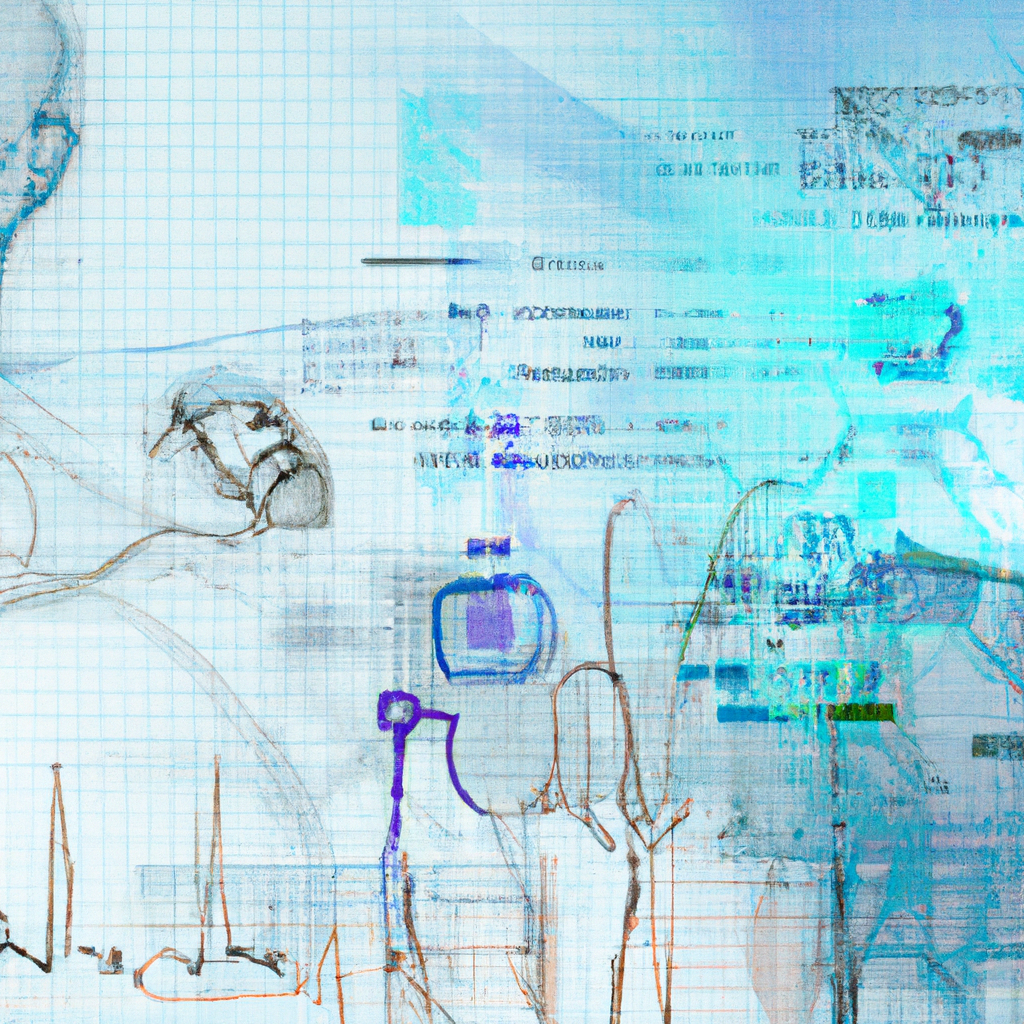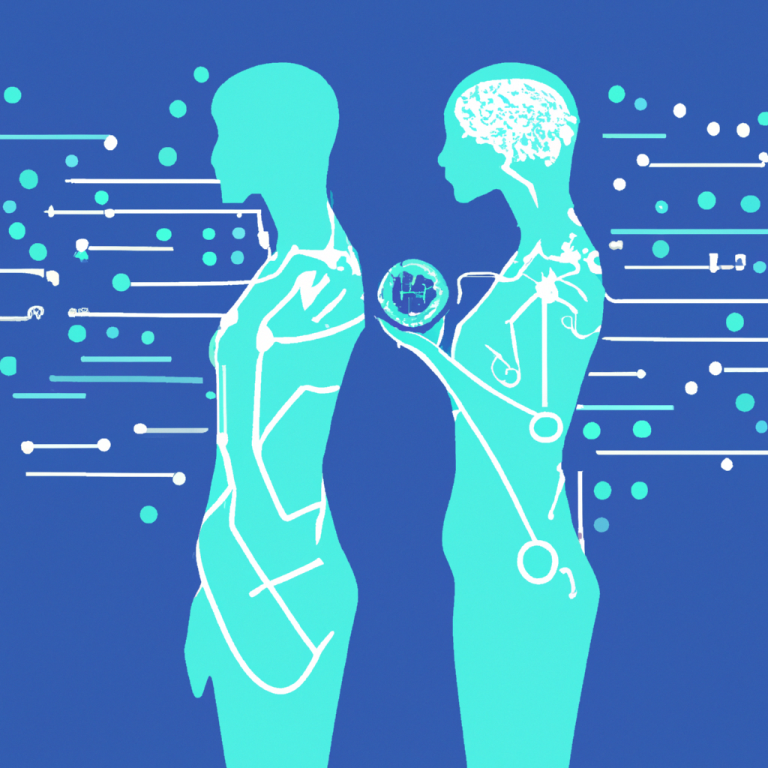Telemedicine is increasingly becoming an important tool for healthcare providers, especially in remote and underdeveloped locations where access to healthcare services is limited. AI is also emerging as a key technology in healthcare, as it has the potential to enhance diagnostic accuracy, personalize treatments, and improve patient outcomes.
AI-powered telemedicine solutions use natural language processing (NLP), machine learning (ML), and computer vision algorithms to automate processes, reduce errors, and improve the quality of care. AI-powered chatbots can triage patients, provide initial diagnoses, and offer personalized health advice. For example, Babylon Health’s chatbot can provide medical advice and diagnose a range of conditions by analyzing a patient’s symptoms.
AI can also analyze medical data to detect patterns and provide insights into disease progression and potential complications. AI-enabled remote monitoring devices can collect patient data and communicate with healthcare professionals, enabling them to diagnose and treat patients in real-time. For example, the ECG remote monitoring solution offered by AliveCor uses AI to analyze the electrocardiograms (ECG) of patients with cardiovascular disease, detect potential irregularities, and alert healthcare providers.
Another area of telemedicine where AI is being increasingly used is in the interpretation of medical images, such as X-rays, CT scans, and MRIs. AI-powered image analysis algorithms can quickly and accurately analyze medical images, enabling healthcare providers to make faster and more accurate diagnoses. For example, the AI-powered medical image analysis tool offered by Zebra Medical Vision can detect potential abnormalities in medical images, such as heart disease, lung cancer, and bone fractures.
The incorporation of AI in telemedicine also has the potential to increase efficiency and reduce costs. AI-powered telemedicine solutions can reduce the burden on healthcare providers, such as triaging patients and automating administrative tasks, allowing them to focus on more complex cases. This can lead to reduced costs and improved quality of care. AI can also generate insights into healthcare utilization patterns, enabling healthcare providers to optimize their resources and improve patient outcomes.
However, there are also concerns around the use of AI in telemedicine. One concern is algorithms bias, where AI-powered solutions may replicate the biases of the data sets they learned from. This can lead to disadvantaged groups receiving suboptimal care. Another concern is data privacy and security, as AI-powered telemedicine solutions capture and store large amounts of sensitive patient data. Ensuring patient data is secure and complying with regulatory requirements is essential when incorporating AI into telemedicine strategies.
In conclusion, incorporating AI into telemedicine has the potential to revolutionize healthcare. AI-powered telemedicine solutions can improve diagnostic accuracy, personalize treatments, and improve patient outcomes. However, concerns around algorithms bias and data privacy must be addressed to ensure that AI is used ethically and effectively in telemedicine. As the healthcare industry continues to embrace technology, telemedicine and AI are likely to become even more integrated and sophisticated in the coming years.



